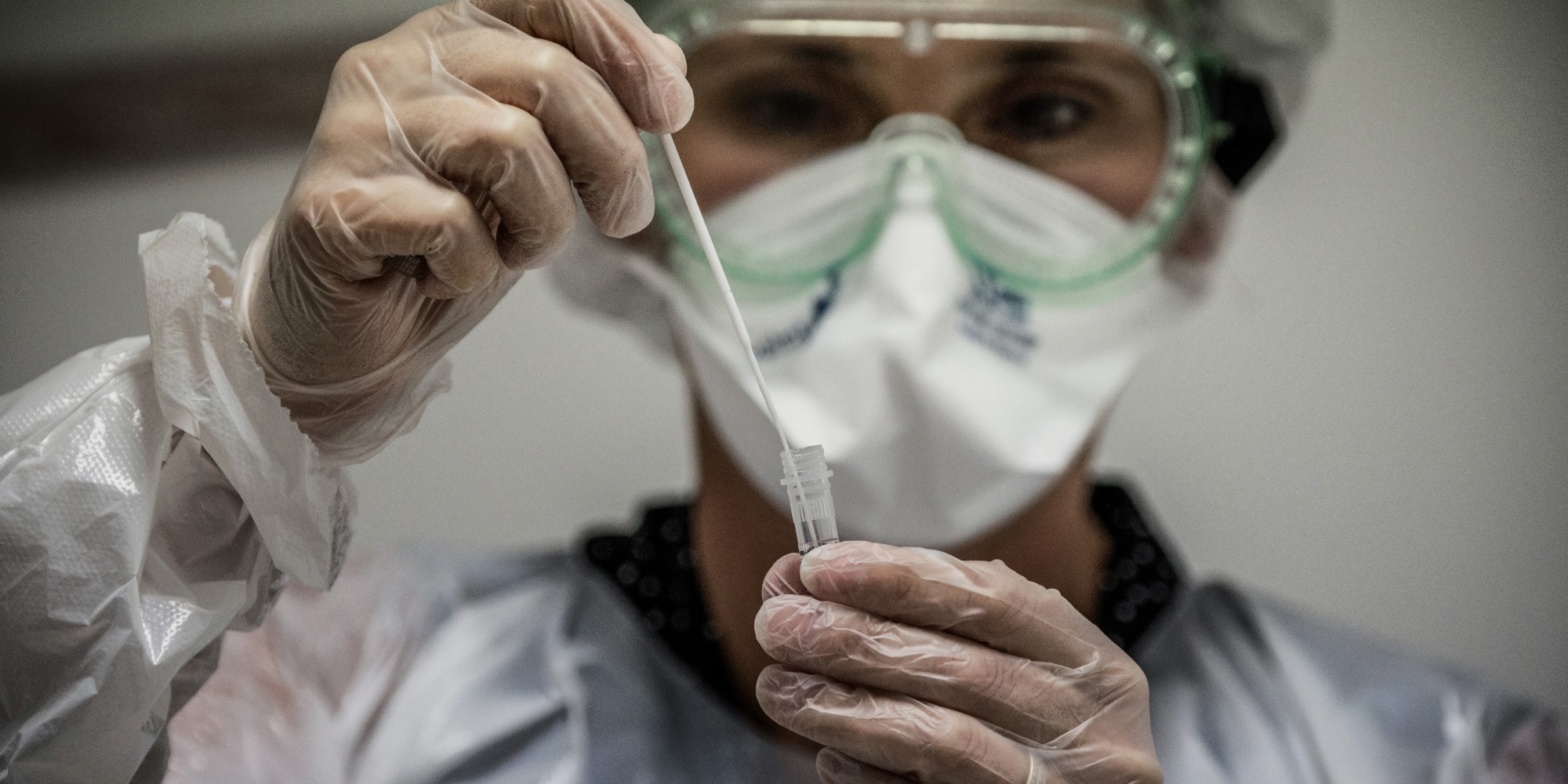The University of Oxford will proceed from Monday to the recontamination of several dozen adult volunteers, aged under 30 and all already recovered from a Covid-19 infection.
It is about observing what happens in the body during a reinfection, in order to better understand the virus if it should become seasonal.
While the Covid-19 pandemic has been active for over a year, little is still known about the mechanisms that come into play in cases of reinfection. However, this is an essential part of research on the disease, in the event that the virus becomes seasonal. This is why British researchers are launching a pioneering study from Monday: they will voluntarily reinfect former patients.
This study will be conducted by the University of Oxford, it concerns between 40 and 60 adults under the age of 30, all cured of Covid-19 for several months.
They will voluntarily receive, in the nose, a small dose of coronavirus under medical supervision.
These guinea pigs will be reinfected with the original strain of the virus, the one from Wuhan, and will all receive exactly the same amount of virus.
>> LIVE
-
Coronavirus: follow the evolution of the situation Friday, May 14
Develop better targeted treatments
With this experiment, scientists seek to answer several questions.
From what minimum quantity of virus are we really infected?
What will happen in the body if the virus becomes seasonal and we all come across it several times?
Finally, how long do antibodies protect us?
Ultimately, the goal is to learn how to design more targeted vaccines and treatments.
17 days of medical surveillance
Once reinfected, these voluntary patients will be placed in isolation in a hospital, under medical supervision for at least 17 days.
If their condition deteriorates, they will receive monoclonal antibodies, to limit the risk of severe form.

